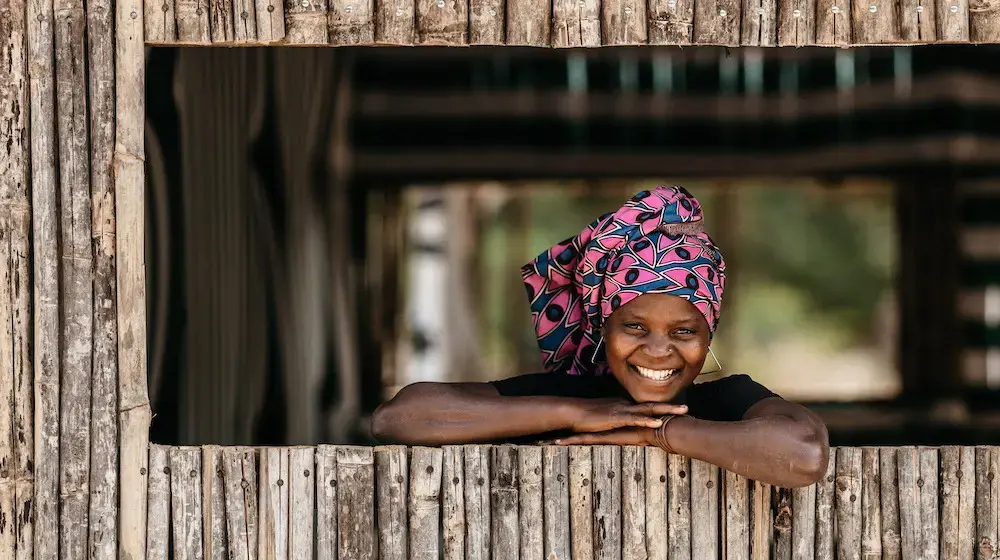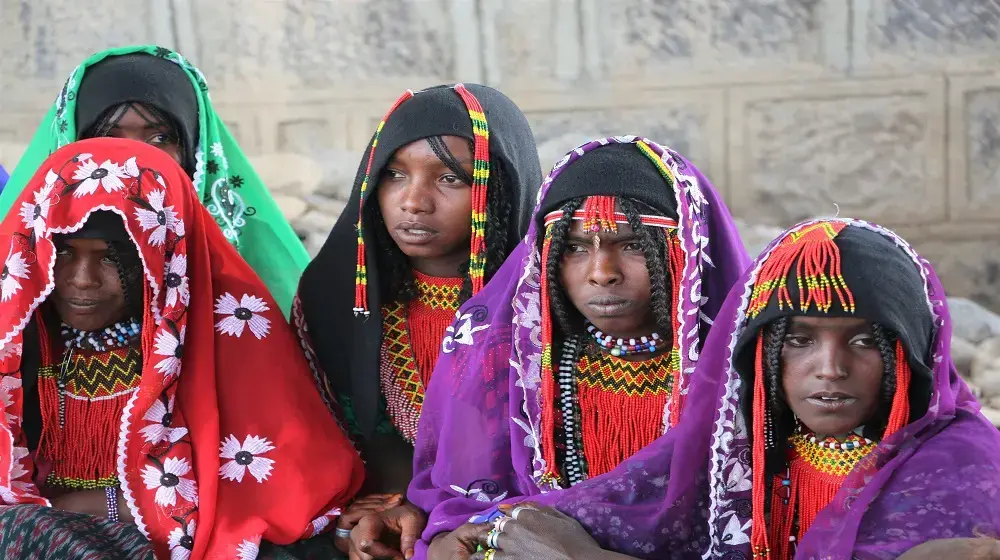UNFPA, United Nations Population Fund, honoured five contemporary women from around the country as part of celebrations for International Women’s Day, March 8, in an innovative theatre performance which took place at the Mega Amphitheatre on 10 March 2009. The women, who have overcome adverse situations to empower not only themselves, but also family members, peers and others in their communities, were selected based on their contributions toward empowering women and achieving gender equality.
This multi-media theatre piece inspired by their stories served as an event to launch UNFPA’s yearlong campaign to promote women’s empowerment. The campaign, “Leave No Woman Behind” (LNWB), draws on the approaches of a joint programme funded by the 7.5 million USD provided by the Spanish MDG Achievement Fund and conducted by the Government of Ethiopia; UNFPA; World Food Programme; and the UN Resident Coordinator’s Office. To support this joint programme, the LNWB Campaign will addresses gender equality and women’s empowerment issues and seek to contribute to poverty reduction, improve reproductive health and promote equitable human development.
“Women in Ethiopia still face significant obstacles,” said Dr. Monique Rakotomalala, UNFPA Representative to Ethiopia. “Female genital cutting, early marriage, an alarmingly high incidence of domestic violence: all unacceptably compromise the reproductive health of women and girls.”
Social and gender norms confront women and girls with special challenges, Rakotomalala explained, including restrictions on their independence and mobility, inequality in educational and employment opportunities, pressure to marry and start bearing children at an early age, and unequal power relations that limit their control over their sexual and reproductive health lives.
“The challenges of women and girls are enormous and the only option we have to overcome them is to work hard in unison and continue to deploy our efforts and resources jointly,” noted Woizero Frenesh Mekuria, State Minister of Women’s Affairs at the occasion. She remarked that the LNWB Joint Programme is expected to be a positive intervention in contributing to women’s empowerment at the grassroots level.
The LNWB Campaign supports the joint programme’s holistic vision of empowerment. Women’s social status and reproductive health are strongly linked, and one cannot be treated without treating the other. Marrying early, leaving school and becoming prematurely pregnant, for instance, are factors increasing women’s and girls’ vulnerability to HIV, contributing to maternal and child death and disability, and trapping families in poverty. Similarly, women unable to decide which services and commodities to use to plan their families or to ensure their health are being deprived of rights and opportunities.
Most notable about the LNWB campaign is that it seeks to engage not only women and girls, but also entire communities in the empowerment process. “It’s clear we need the support of men and boys to see change,” Rakotomalala affirmed. “Not until they – and community and religious leaders – are actively engaged will change come.”
Dance performances and a five minute documentary showing video clips of 5 ordinary women who are undertaking extraordinary deeds overcoming formidable challenges was presented. An art work which is based on the stories of the 5 women was also unveiled at the event.
The launching ceremony of the LNWB campaign was attended by government dignitaries, members of the diplomatic mission, the UN Resident Coordinator, representatives of UN agencies, and other invited guests.




